Throughout the heroic revolutionary journey, the two Parties, two countries and people of Vietnam and China have always given each other great, effective, sincere and righteous help and support.
China has welcomed many Vietnamese officials, students and pupils to study and research and created the best conditions. Typical examples are Vietnamese schools in Nanning and Guilin (Guangxi).
Many generations of Vietnamese intellectuals have grown up, many of whom have become high-ranking leaders of the Party and State, leading experts, and have made many contributions to the Vietnamese revolutionary cause and the friendship between the two countries.
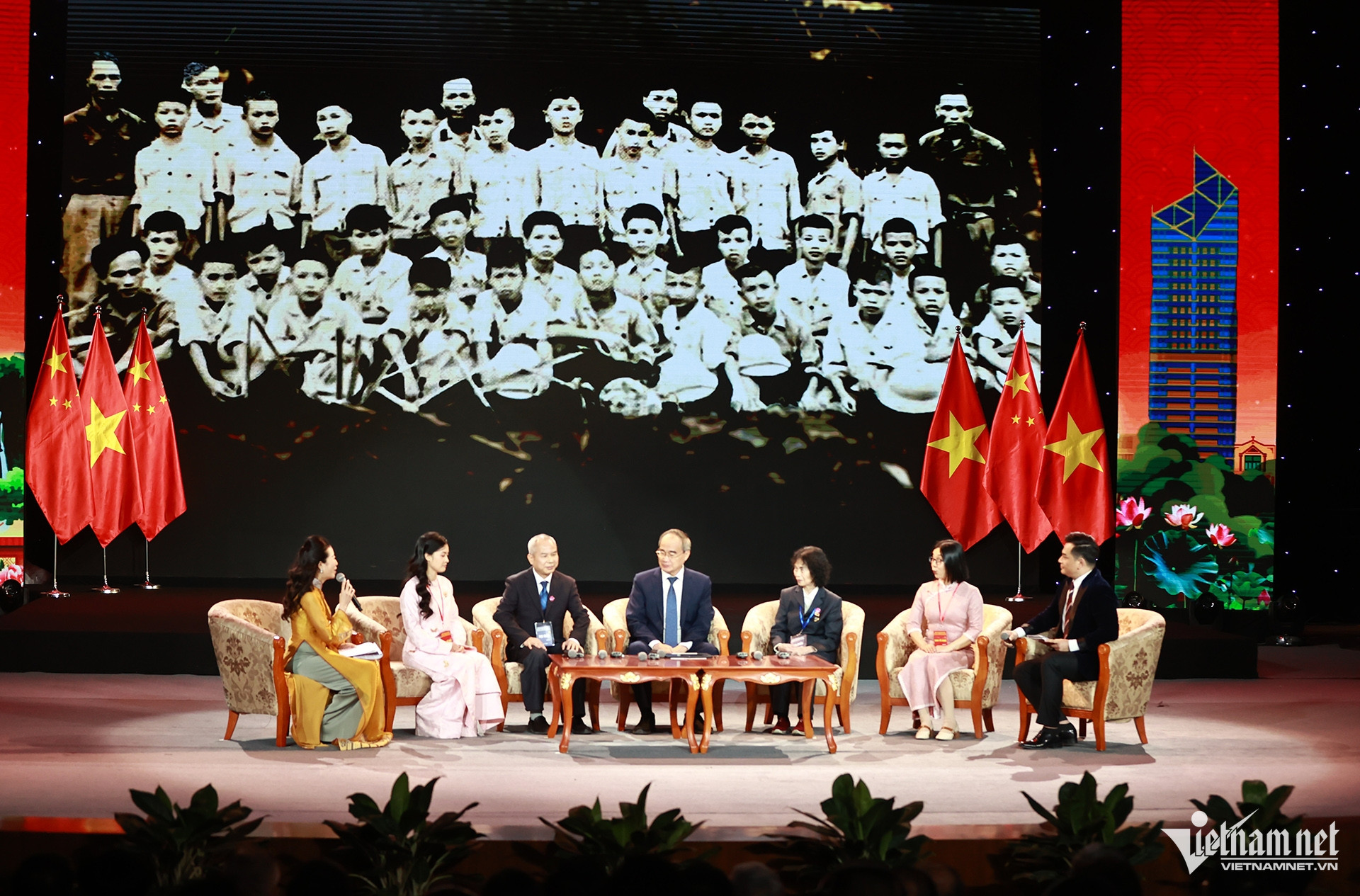
During the meeting of Vietnamese and Chinese students from different periods held on the morning of March 20, generations of Vietnamese students who studied at Guilin Duc Tai School shared their touching stories.
Guilin Duc Tai School is located in the campus of Guangxi Normal University (China) today. During the anti-American resistance war, thousands of students from Nguyen Van Troi School and the Southern Student Education Area (Nguyen Van Be, Vo Thi Sau, and Ethnic Schools) were able to study here.
Mr. Nguyen Thien Nhan, former member of the Politburo , former Chairman of the Central Committee of the Vietnam Fatherland Front, former Secretary of the Ho Chi Minh City Party Committee is a former student of Duc Tai Que Lam School.
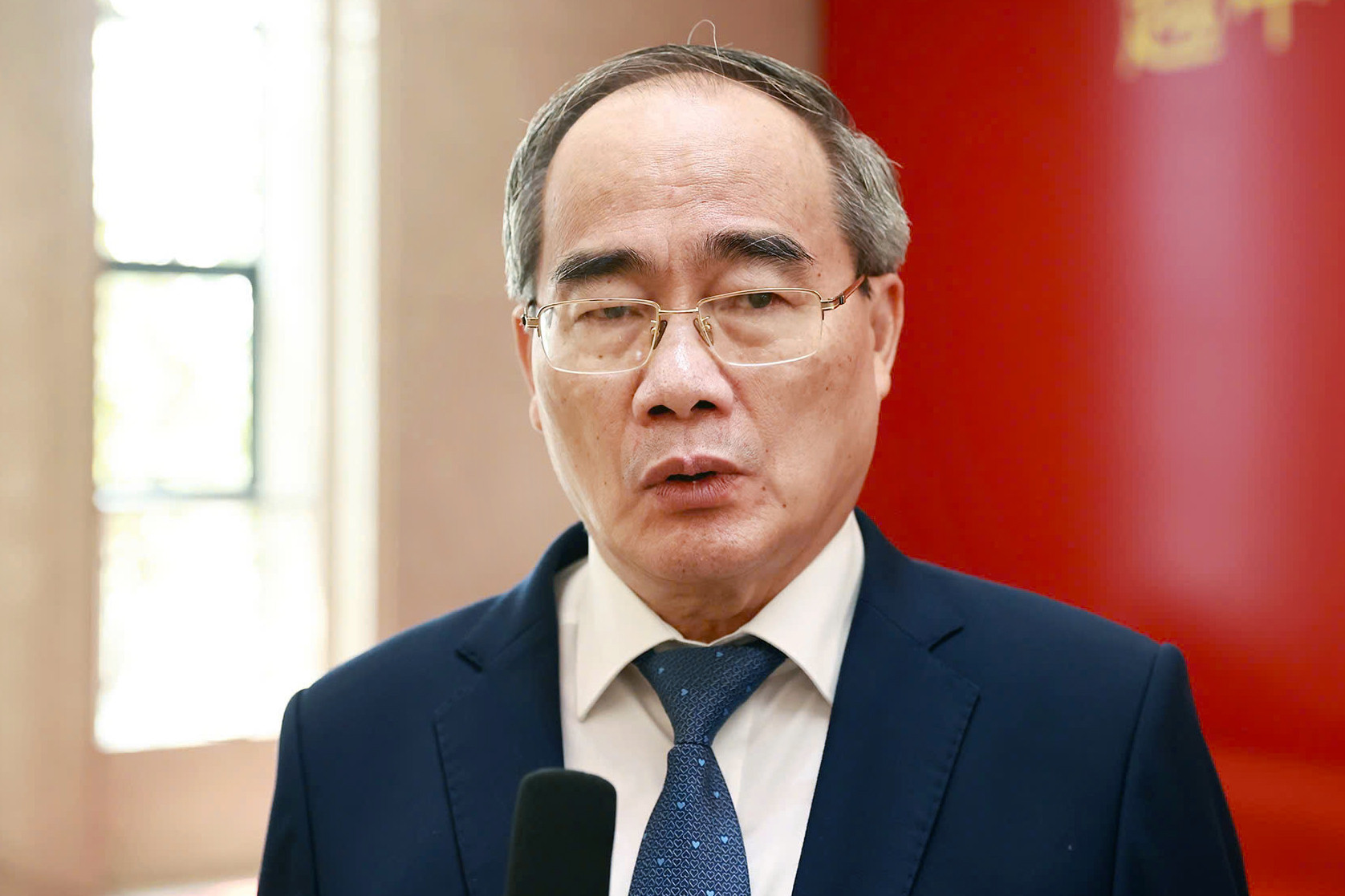
At the meeting, a photo of Mr. Nhan as a child with his friends before leaving for China to study was introduced. He shared that he was only 13 years old at that time, and the people in the photo studied at Nguyen Van Troi Military Academy.
Because of the war, the Party and Uncle Ho decided to send Vietnamese students to study at the Guilin Yutai School (China). All the people in the photo went to China to study.
More than half a century later, Mr. Nhan recalled, both Vietnam and China were facing difficulties. When they arrived in Guilin, the students walked through corn and melon fields, "and saw how similar it was to Vietnam. It turned out that you were just like us."
At meals at Duc Tai school kitchen, Vietnamese students still have a tray of food for 4-6 people, while Chinese students eat one bowl each. The friendly country has given Vietnamese students the best conditions to study.
“When our students returned to the country, some went to war, some became professors, generals in the Army, and leaders of the Party and State.
Schools in China have taken in Vietnamese students. No matter who they are, we always keep in our hearts the feelings of our friendly country. We remind ourselves that we are a part of Vietnam's history and have the responsibility to nurture the relationship between the two countries," he said.
In 1924, Uncle Ho visited China for the first time, more than 100 years ago. Mr. Nguyen Thien Nhan commented that the past 100 years have seen the most dramatic changes in the history of the two countries and the most profound development in the relationship between the two countries.
There are Vietnamese students graduating with master's degrees in China, and Chinese students graduating with doctorates in Vietnam. This reflects the trend of the two countries increasingly exchanging and connecting.
The opportunity for comprehensive cooperation between Vietnam and China has never been as good as it is now. "Looking at the past and present, we believe that if we promote all factors well, we will develop the relationship between the two countries. The next generation should cherish this asset. This is a priceless asset that the two generations have built over 100 years," he told the younger generation.
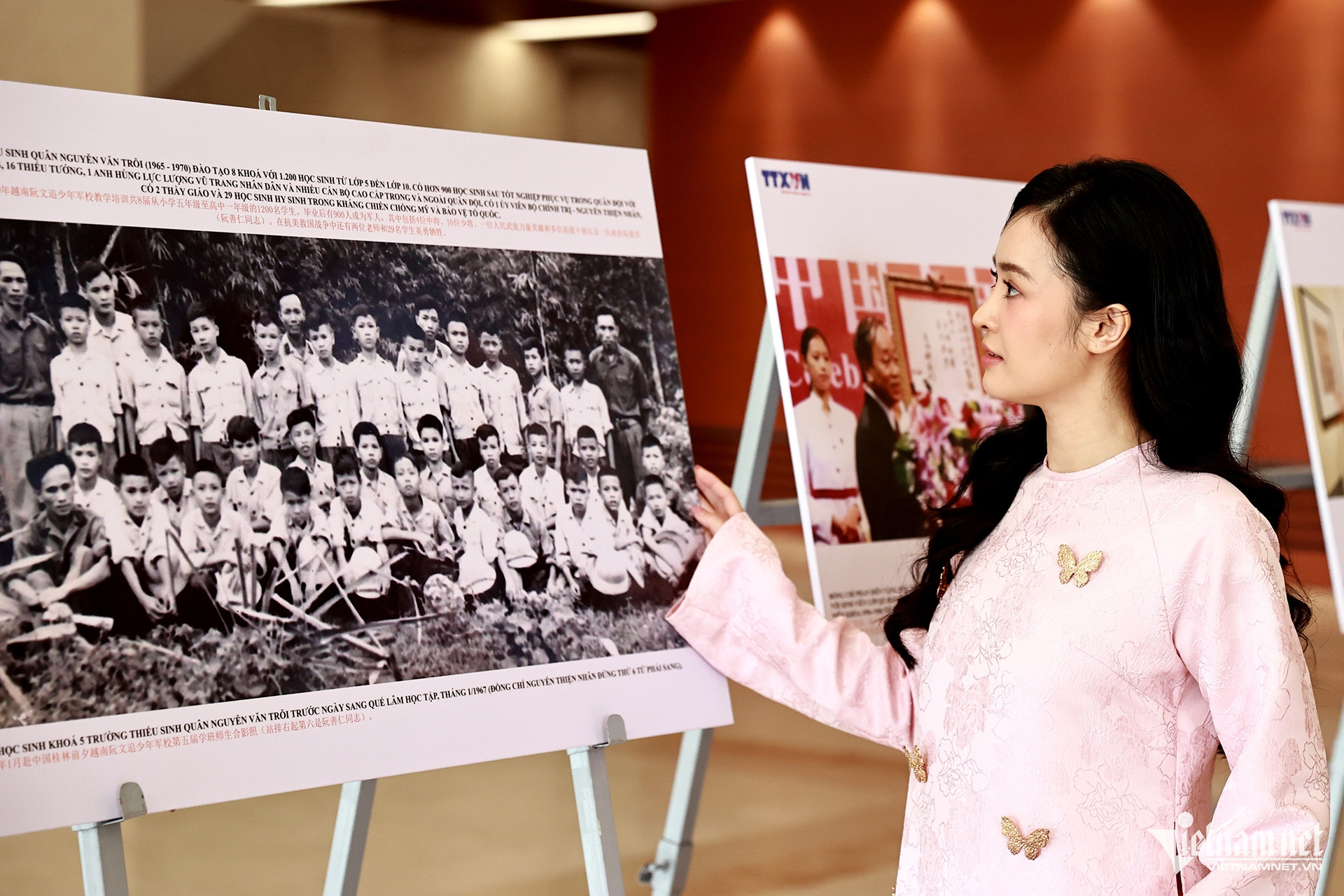
Among the hundreds of delegates attending the meeting, Ms. Lu My Niem, a teacher at Guangxi Normal University (who used to work as an interpreter at Guilin Yutai School, Guangxi) was happy to meet again generations of Vietnamese students who had studied in Guilin.
Generations of Vietnamese students, with two different hair colors, "shake hands and smile" when meeting their close "sisters and aunts". Before the Covid-19 pandemic, Ms. Niem visited Vietnam every year. After 3 years, on this occasion, she had the opportunity to return to Vietnam and meet her close students again.
Her brother used to work at Duc Tai school. Today, her love for Vietnam is passed on to her two children, both her son and daughter speak Vietnamese fluently. The son, after studying in China, went to Vietnam to continue studying and working, and started a family in Hanoi .
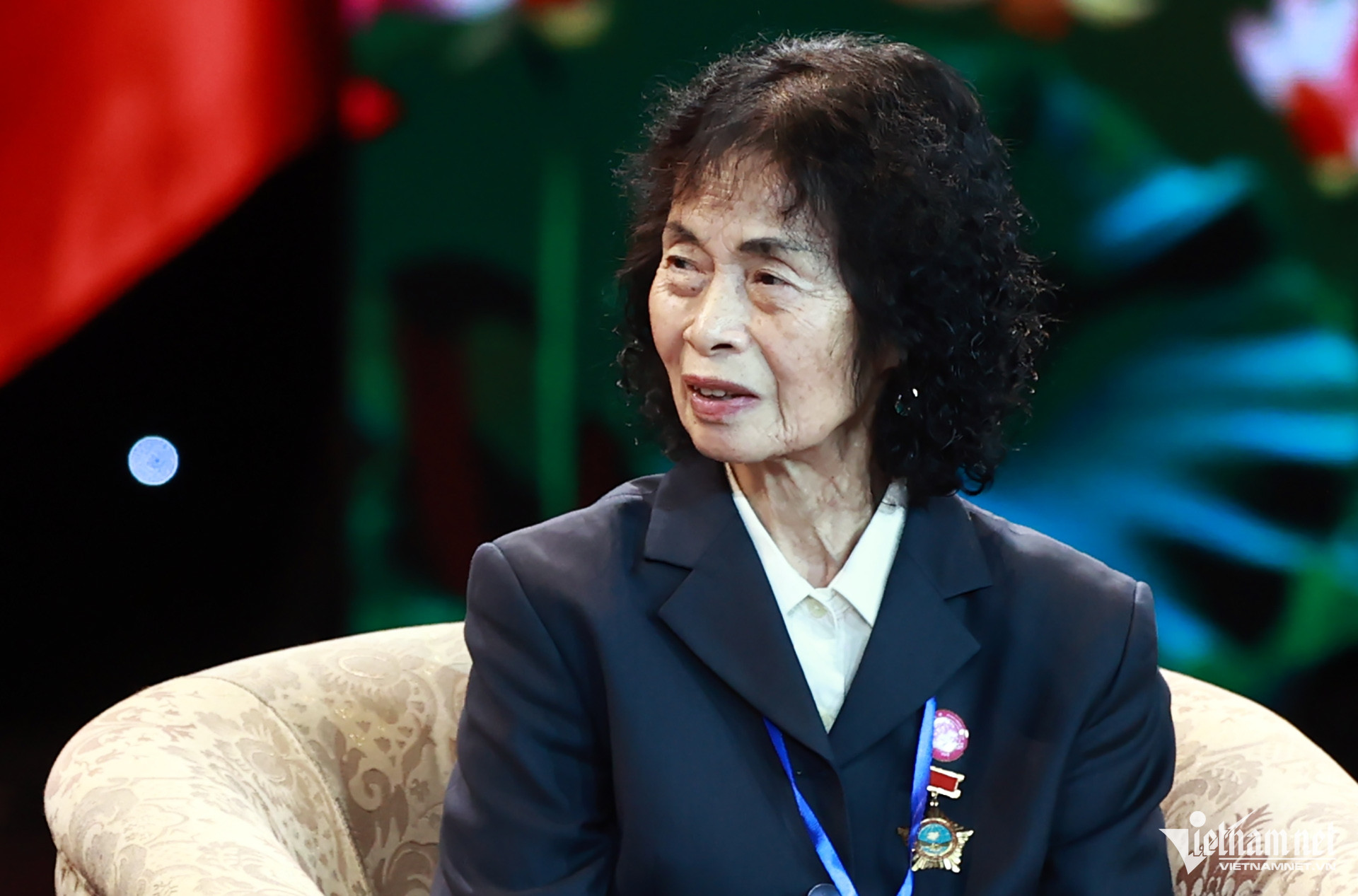
Talking about the time she interpreted for Vietnamese schools in China, Ms. Niem said that at that time, she was in her early 20s, working as an interpreter for the Guilin Foreign Language Department and was assigned to the school on September 2. "In order to keep it secret, the schools that trained Vietnamese students such as Nguyen Van Troi Military Academy, Nguyen Van Be School, Vo Thi Sau School and the Central Ethnic School named them after Vietnam's National Day," she said.
Her job is to go to schools to listen to the thoughts and wishes of students and teachers to report to the management board. "Before taking on this task, I lived in Vietnam. That's why, when working at the school, I feel the love that teachers and students have for us like family members," Ms. Niem said emotionally.
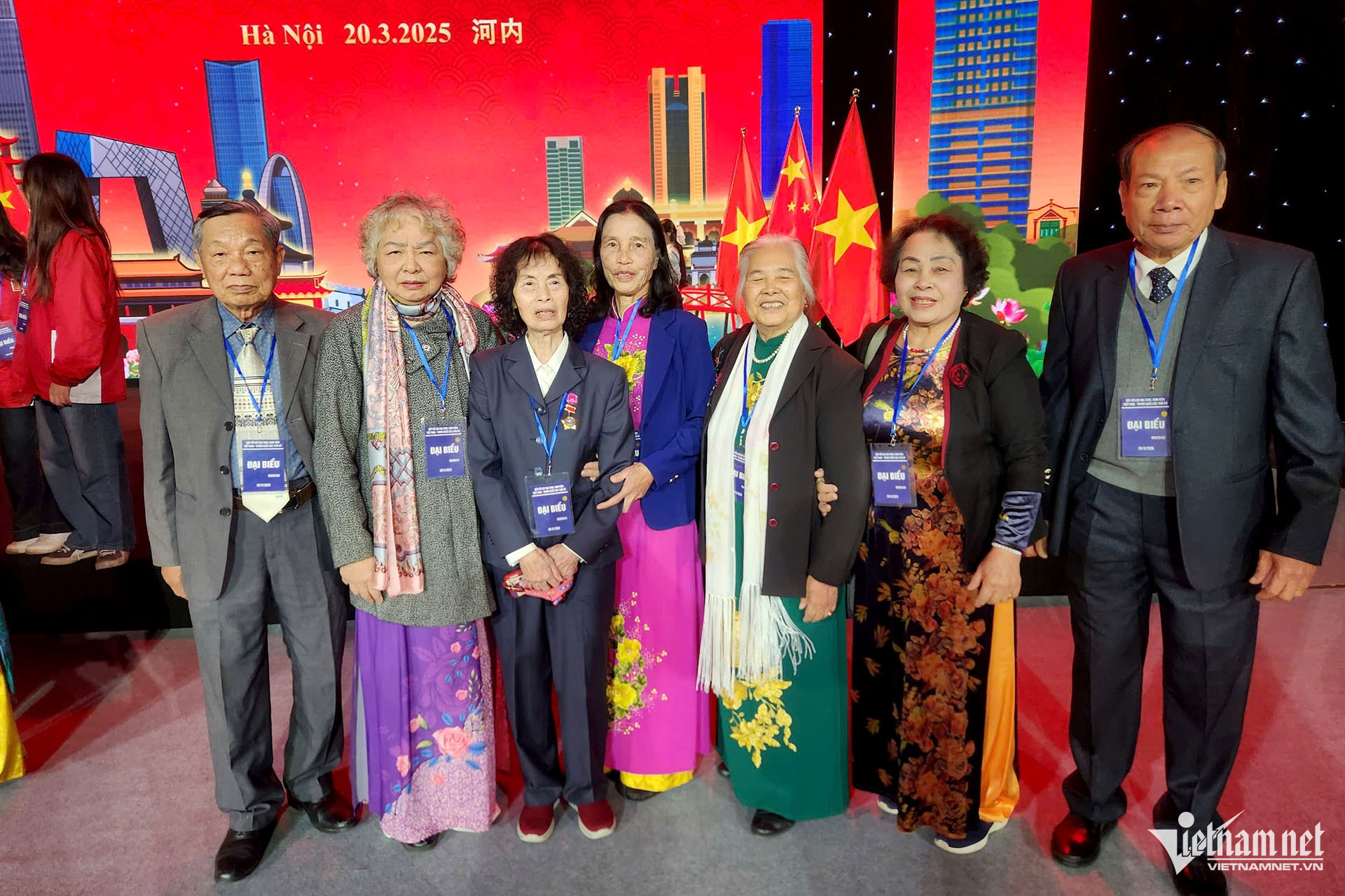
"Growing up, living in the affection of the people of the two countries; being taught by Uncle Ho and Uncle Mao to be what I am today, I really appreciate the relationship between the two countries. I vow to do my best to foster the friendship between the two countries.
This time in Vietnam, I plan to visit Uncle Ho's Mausoleum and Ha Long Bay. After 3 years of returning, I see that Vietnam is cleaner, more beautiful, more modern and more orderly than before," she happily shared.
Source: https://vietnamnet.vn/buc-anh-ong-nguyen-thien-nhan-cung-ban-luc-nho-truoc-khi-sang-trung-quoc-hoc-tap-2382621.html





![[Photo] Prime Minister Pham Minh Chinh chairs the first meeting of the Central Steering Committee on housing policy and real estate market](https://vphoto.vietnam.vn/thumb/1200x675/vietnam/resource/IMAGE/2025/9/22/c0f42b88c6284975b4bcfcf5b17656e7)


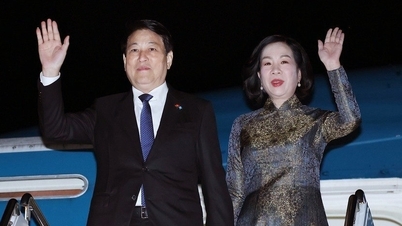


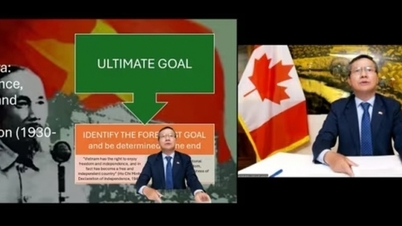



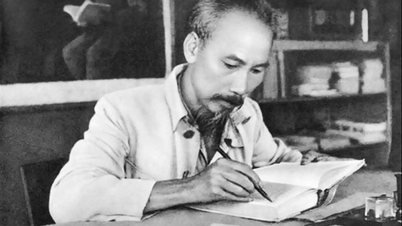






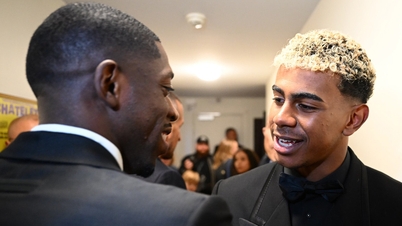




![[Photo] General Secretary To Lam presents the First Class Labor Medal to the Vietnam National Energy and Industry Group](https://vphoto.vietnam.vn/thumb/1200x675/vietnam/resource/IMAGE/2025/9/21/0ad2d50e1c274a55a3736500c5f262e5)



























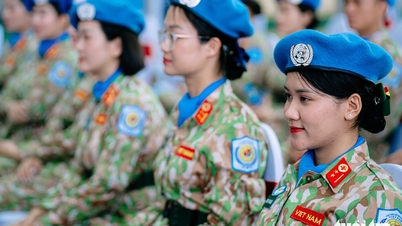



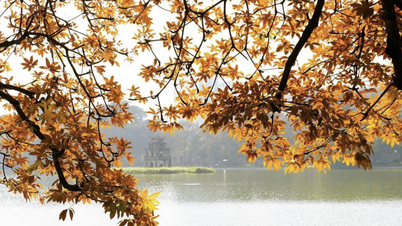




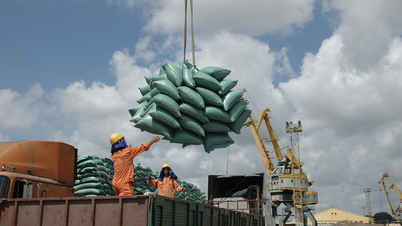











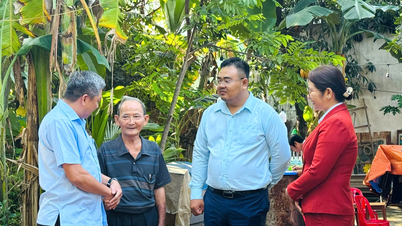













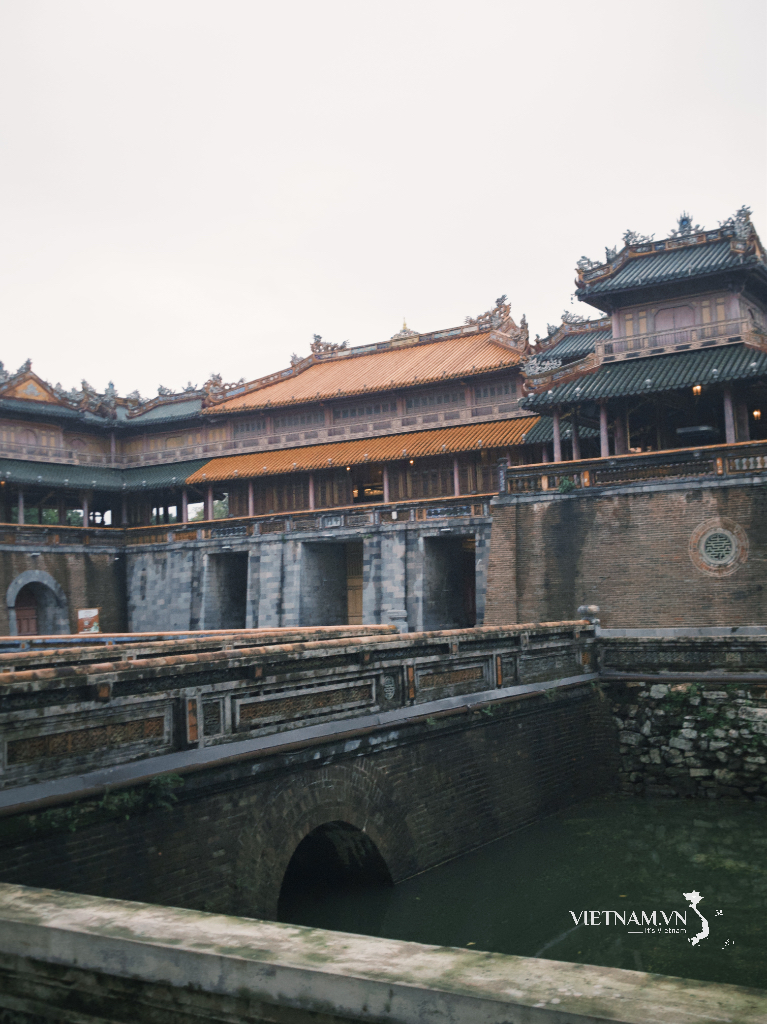

Comment (0)